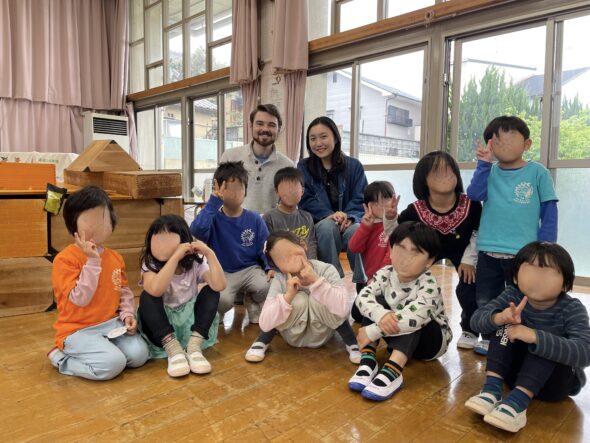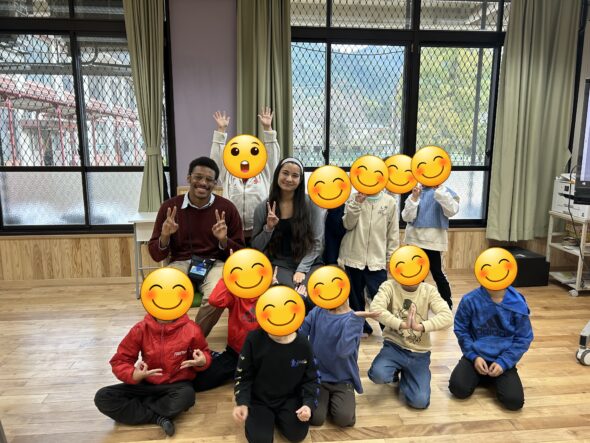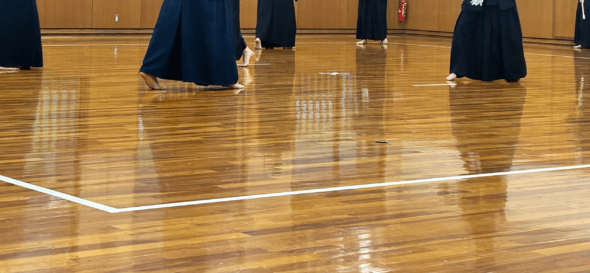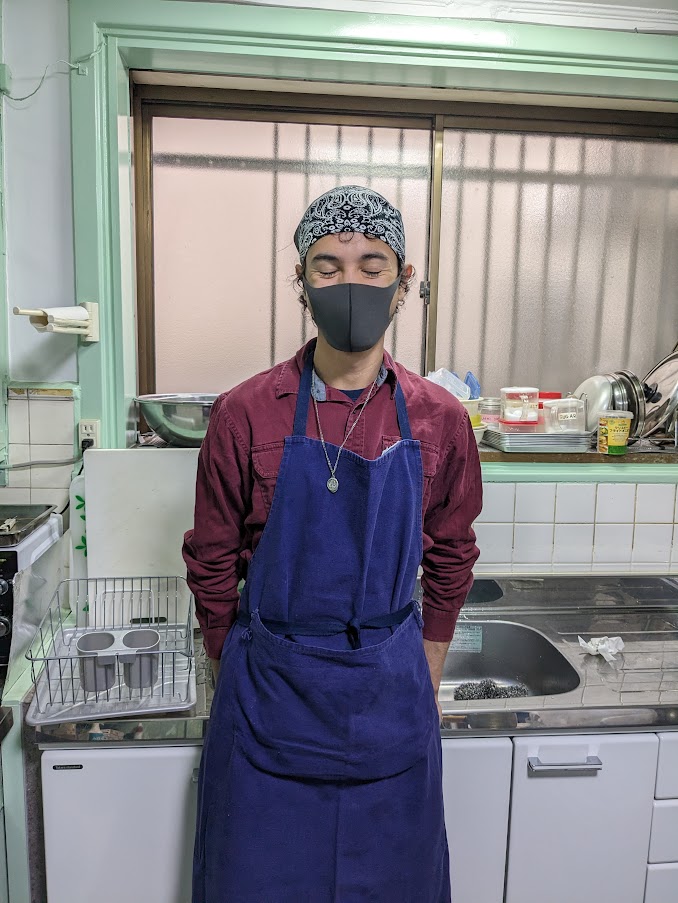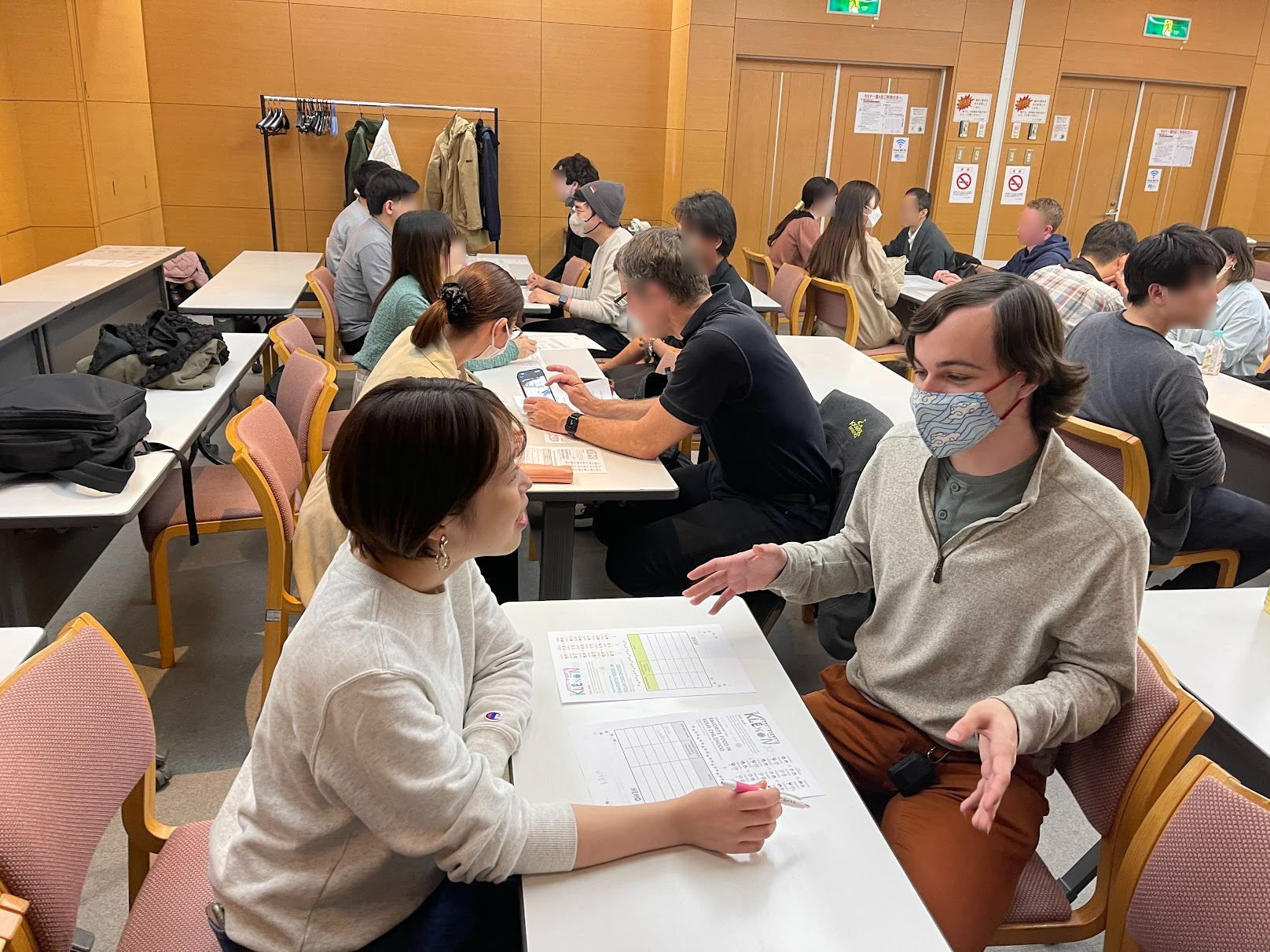Since I am in the academic year KCJS program, and I am a fourth year, I will be graduation at the end of the program. After graduating, I plan to stay here and work in Japan as an English teacher. Due to this interest, I decided to do something similar to my future career in my CIP, and since I plan to work in an Eikaiwa school like AEON, something like the English speaking circle Klexon seemed perfect.
In my time participating at the Klexon English Circle, I met a lot of amazing people from all walks of life, all with a genuine interest in learning English. From what I have heard from those who volunteered at schools and taught children, and from my own experience tutoring and teaching English through an online program through Toshin cram school in Kyoto and their Global English program, most people still in school generally don’t have much interest in learning English, and see it as only another class or something necessary. However, at Klexon, everyone is there because they want to be, and it is a really casual and relaxing environment. Everyone is not only motivated to speak in English and practice what they know, but also to learn more and to ask questions, and to make new friends.
I found my conversations at Klexon very valuable, as not only did I get to hear a lot of interesting experiences, I also got help with information related to my future career, and recommendations on where to go and visit in Kyoto. There weren’t only local Japanese people there, although they were the majority, but there were also people from France, Russia, Izrael, and many other places, all learning English now as a second, third, or sometimes even fourth language. It was really interesting comparing our experiences learning languages, and the differences between education systems in all of our own countries.
My advice for those looking into CIP opportunities would be to first choose something that you are interested in and are motivated to see through to the end, but to also choose something that challenges yourself or pushes you to keep growing and learning as a person. Many of my friends chose to pursue easy opportunities that wouldn’t really make them go out of their comfort zone or meet new people, but I think it is important to break out of your original group and keep meeting more people, especially if you are in Japan for a limited time unlike my situation.
Overall, I would highly recommend Klexon for anyone interested in education or language learning, or anyone who just wants a casual environment to meet new and energetic people to be friends with and practice language together!
https://www.klexon.org
